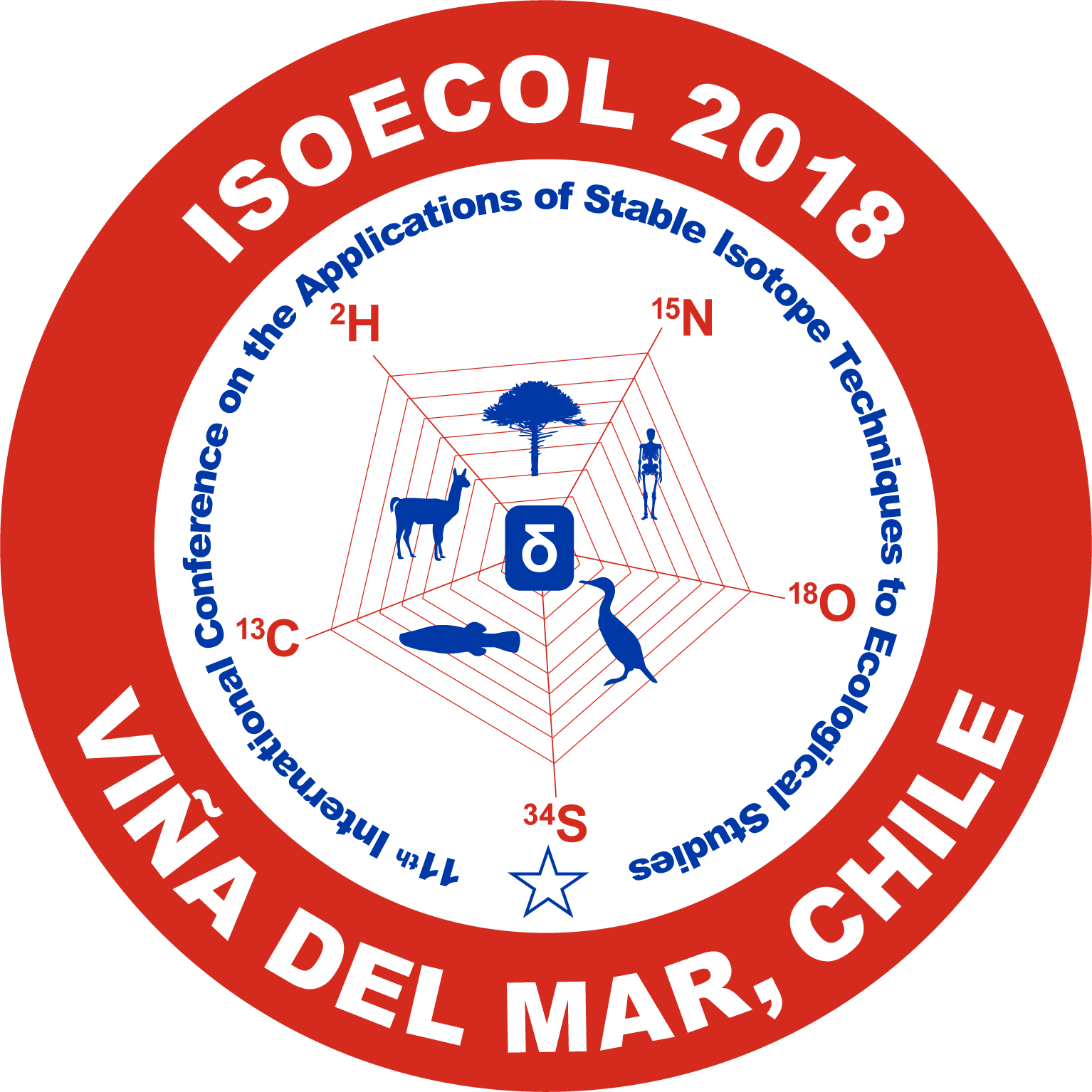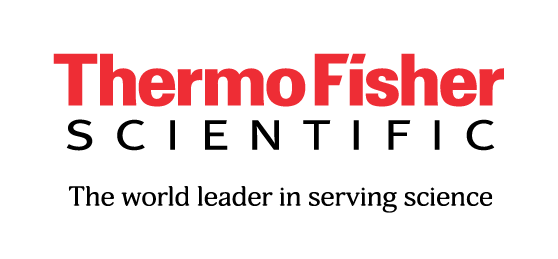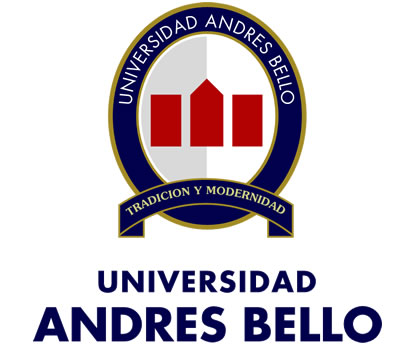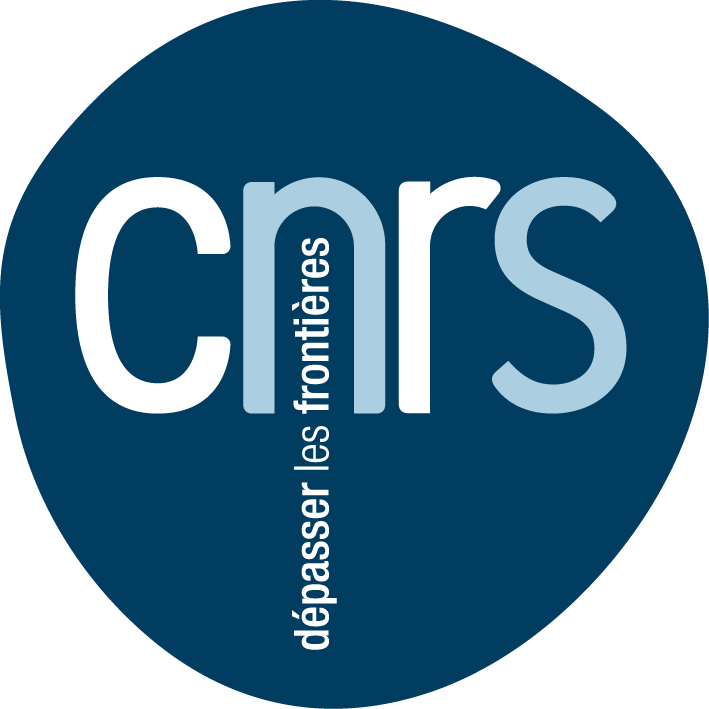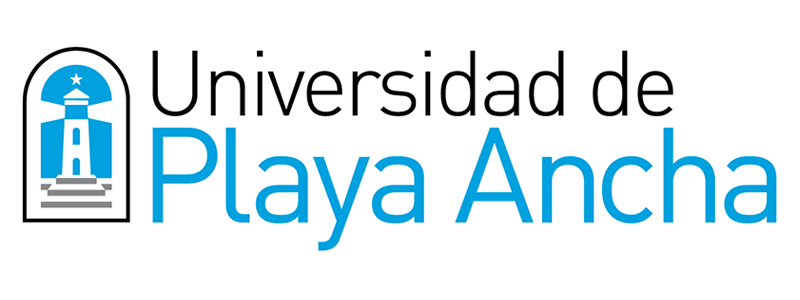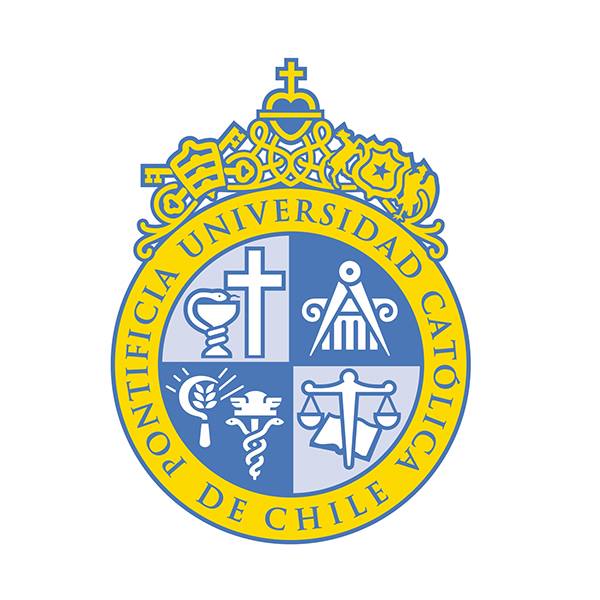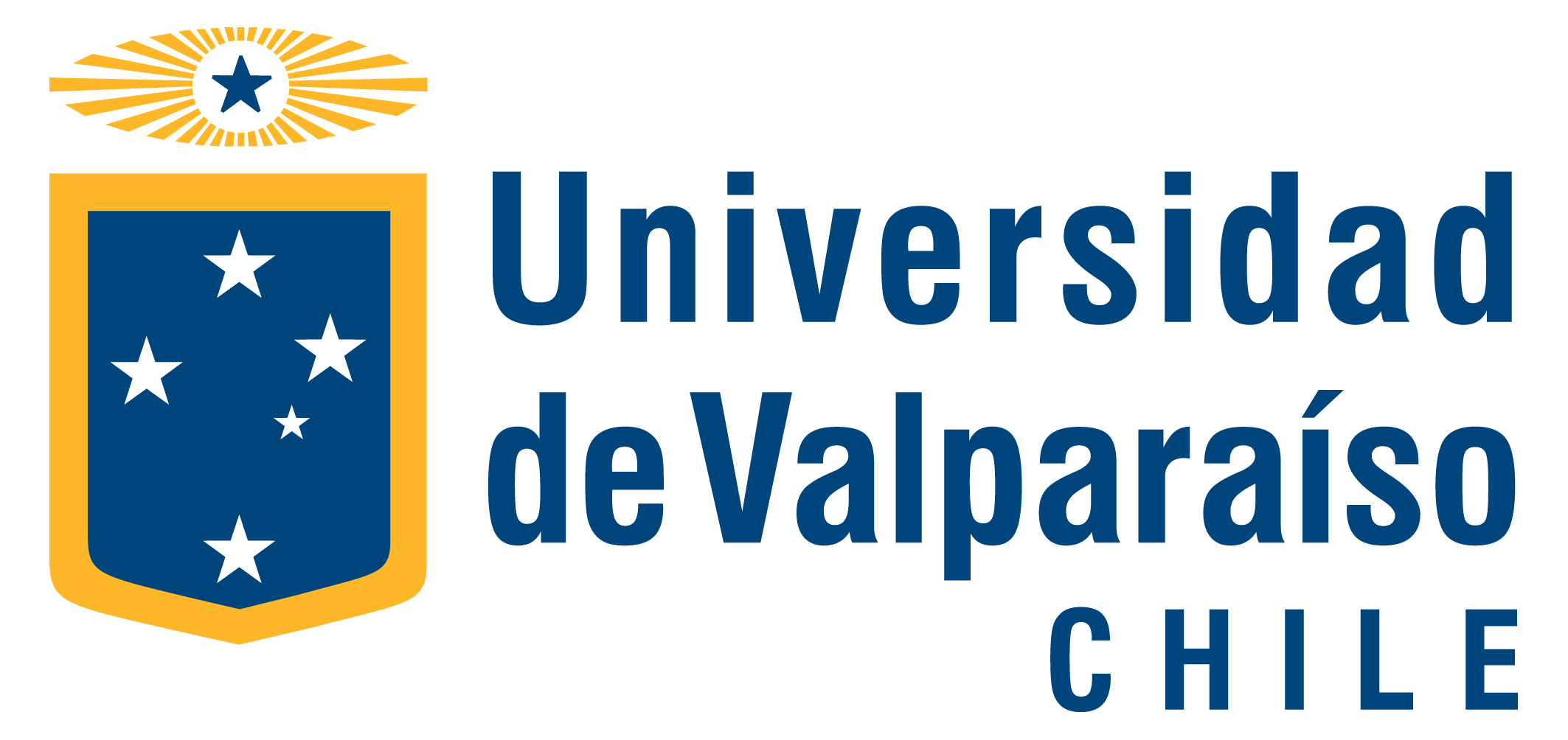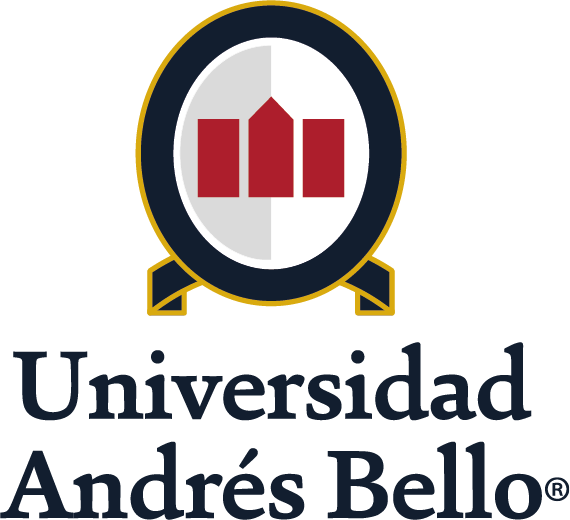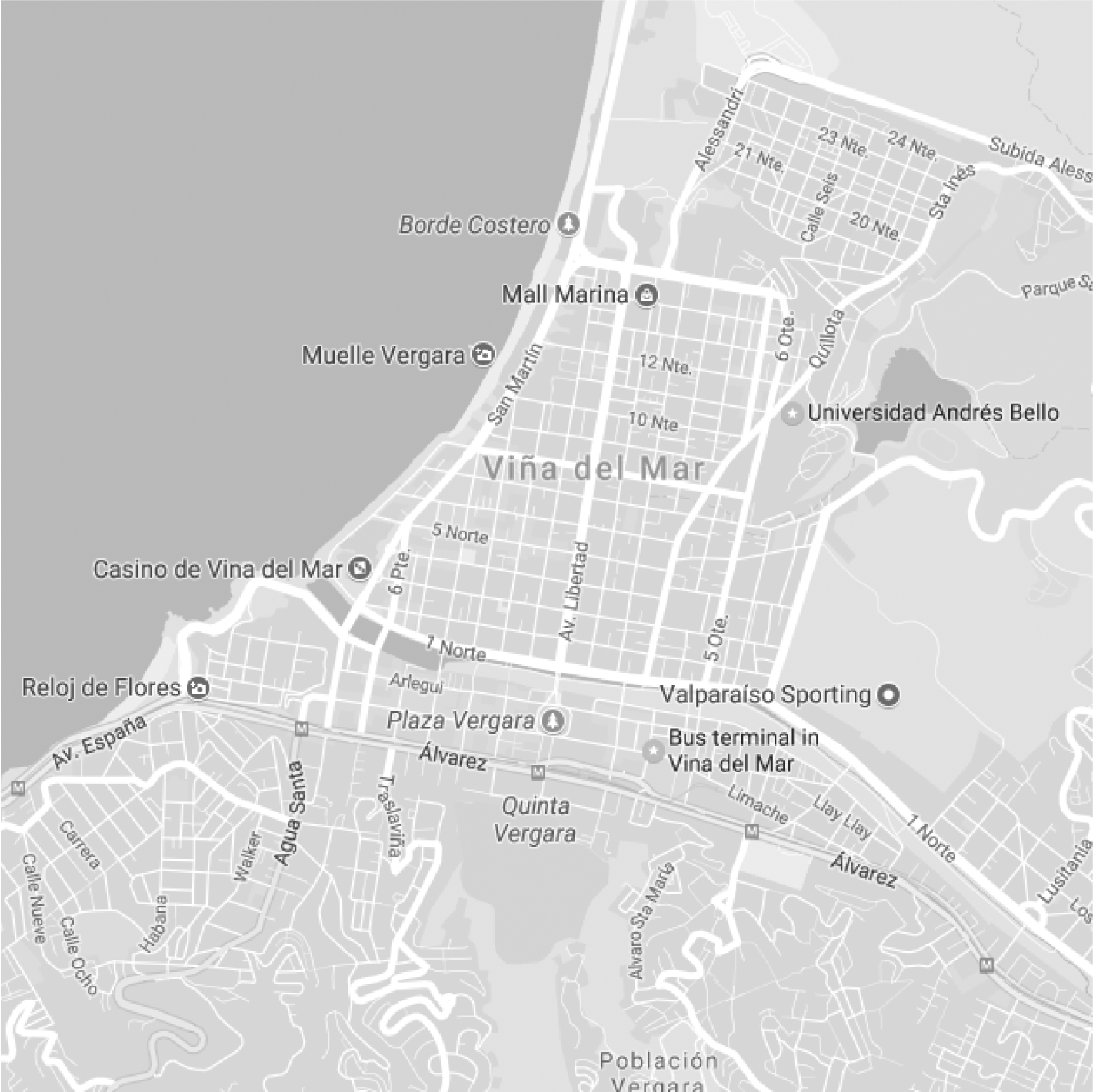Home Schedule Registration Workshops Previous meetings Field Trips Plenaries Location
PLENARY SPEAKERS
We have four exceptional plenary speakers, all of whom are leading mid-career scientists using stable isotopes in different ways to improve our understanding of ecology. Chosen to represent the great possibilities that stable isotope analysis offer, they are also recognised leaders in their field. They will each give a 45 minute oral presentation, starting each day of talks with a bang. Below they have all written some words about their research interests.
-
Monday 30 July 2018 10:00 - 11:00. Diane O'Brien (University of Alaska Fairbanks, USA): Stable Isotope ratios as biomarkers of diet in human health research.
-
Tuesday 31 July 2018 09:00 - 10:00. Pablo Sabat (Universidad de Chile, Santiago, Chile): Evolutionary and phenotypic responses to the use of marine resources in terrestrial songbirds: lessons from isotopic ecology.
-
Thursday 2 August 2018 09:00 - 10:00. Andrew Jackson (Trinity College, Dublin, Ireland): Using ecological theory to maximise information recovery from stable isotope data.
-
Friday 3 August 2018 09:00 - 10:00. Tamsin O'Connell (University of Cambridge): The isotopic complexity of complex organisms.
Dr Andrew Jackson, Associate Professor, Department of Zoology, Trinity College Dublin, Ireland
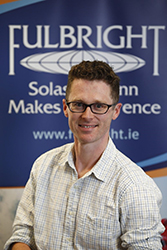 My research interests lie in understanding ecological systems from an evolutionary perspective. I tend to approach these questions by using computational / mathematical models to understand how the nuts and bolts of these systems work. Much of my current research focuses on understanding interactions among individual animals, particularly from the perspective of movement ecology and foraging ecology. What started as a side-line project some years ago, building Bayesian models as solutions for problems in stable isotope ecology has grown into a main focus of my current research. Aside from methods development, I am involved in projects applying stable isotopes and these new methods in situations as diverse as blue whales, museum specimens, cooperation in mongoose and water quality metrics. Most recently I have started working with colleagues and collaborators on stability in food webs, both theoretical and empirical, and my worlds of isotopes, foraging ecology and stability analysis are starting to collide.
My research interests lie in understanding ecological systems from an evolutionary perspective. I tend to approach these questions by using computational / mathematical models to understand how the nuts and bolts of these systems work. Much of my current research focuses on understanding interactions among individual animals, particularly from the perspective of movement ecology and foraging ecology. What started as a side-line project some years ago, building Bayesian models as solutions for problems in stable isotope ecology has grown into a main focus of my current research. Aside from methods development, I am involved in projects applying stable isotopes and these new methods in situations as diverse as blue whales, museum specimens, cooperation in mongoose and water quality metrics. Most recently I have started working with colleagues and collaborators on stability in food webs, both theoretical and empirical, and my worlds of isotopes, foraging ecology and stability analysis are starting to collide.
Dr Diane O’Brien, Professor of Biology, Institute of Arctic Biology and the Department of Biology and Wildlife, University of Alaska Fairbanks, USA
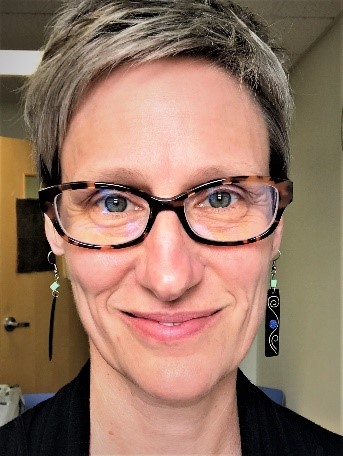 Dr Diane O'Brien is a Professor of Biology at the University of Alaska Fairbanks, in the Institute of Arctic Biology and the Department of Biology and Wildlife. She earned her PhD in Ecology and Evolutionary Biology from Princeton University in 1998, where she worked with Dr. Carlos Martinez del Rio, and was a postdoctoral fellow at Stanford University, with Dr. Carol Boggs, and at the Carnegie Institution of Washington Geophysical Laboratory, with Dr. Marilyn Fogel until 2003. She held a faculty appointments at Wellesley College before moving to the University of Alaska Fairbanks in 2004. Her research focuses on the intersection of diet, metabolism and physiology and how stable isotope approaches can be informative tools for dietary and metabolic research. She and her trainees have applied these approaches to a wide range of taxa, including insects, seabirds, ground squirrels, microbes, plants, worms, seals, foxes, fruit flies and most recently, humans. Currently her research is focused on validating stable isotope ratios as tools for objective dietary assessment in human nutritional epidemiology, and has worked with Alaska Native populations and multiple clinical trials including the US Women's Health Initiative (WHI). She is particularly interested in compound-specific stable isotope approaches to assessing diet.
Dr Diane O'Brien is a Professor of Biology at the University of Alaska Fairbanks, in the Institute of Arctic Biology and the Department of Biology and Wildlife. She earned her PhD in Ecology and Evolutionary Biology from Princeton University in 1998, where she worked with Dr. Carlos Martinez del Rio, and was a postdoctoral fellow at Stanford University, with Dr. Carol Boggs, and at the Carnegie Institution of Washington Geophysical Laboratory, with Dr. Marilyn Fogel until 2003. She held a faculty appointments at Wellesley College before moving to the University of Alaska Fairbanks in 2004. Her research focuses on the intersection of diet, metabolism and physiology and how stable isotope approaches can be informative tools for dietary and metabolic research. She and her trainees have applied these approaches to a wide range of taxa, including insects, seabirds, ground squirrels, microbes, plants, worms, seals, foxes, fruit flies and most recently, humans. Currently her research is focused on validating stable isotope ratios as tools for objective dietary assessment in human nutritional epidemiology, and has worked with Alaska Native populations and multiple clinical trials including the US Women's Health Initiative (WHI). She is particularly interested in compound-specific stable isotope approaches to assessing diet.
Dr Pablo Sabat, Titular (Full) Professor, Departamento de Ciencias EcolÓgicas Facultad de Ciencias, Universidad de Chile, Santiago, Chile
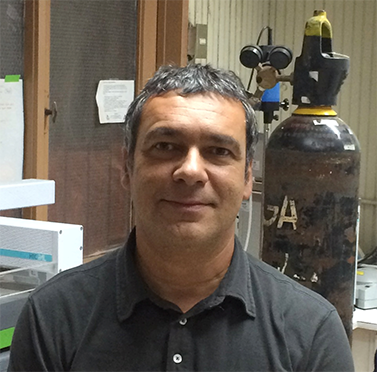 Pablo Sabat has developed an original line of research that explicitly incorporates ecological variables (biotic and abiotic) into the study of the physiological capacities of vertebrates. Specifically, it has focused on the mechanisms that determine the geographical distribution and dietary habits of vertebrates. His work has emphasized intra- and intra-specific differences as well as ontogenetic and seasonal changes in response to the environmental challenges experienced by amphibians, reptiles, birds and mammals. In this sense the mere fact of studying endemic groups and in some cases unique in terms of their ecology is an important advance in terms of ecological physiology, but also, the incorporation of the use of stable isotopes as an indicator of the origin and physicochemical characteristics of diet are the first studies of this nature that has been carried out not only in Chile, but are part of the few works published in general.
Pablo Sabat has developed an original line of research that explicitly incorporates ecological variables (biotic and abiotic) into the study of the physiological capacities of vertebrates. Specifically, it has focused on the mechanisms that determine the geographical distribution and dietary habits of vertebrates. His work has emphasized intra- and intra-specific differences as well as ontogenetic and seasonal changes in response to the environmental challenges experienced by amphibians, reptiles, birds and mammals. In this sense the mere fact of studying endemic groups and in some cases unique in terms of their ecology is an important advance in terms of ecological physiology, but also, the incorporation of the use of stable isotopes as an indicator of the origin and physicochemical characteristics of diet are the first studies of this nature that has been carried out not only in Chile, but are part of the few works published in general.
Dr Tamsin O'Connell, Senior Lecturer in Bioarchaeology, Department of Archaeology, University of Cambridge, UK
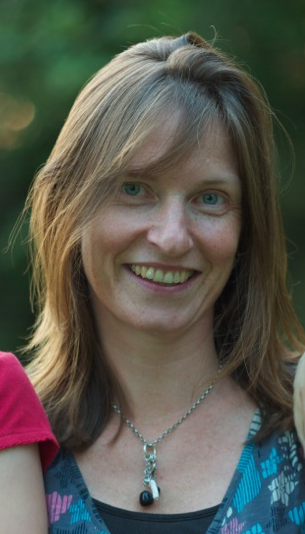 Isotopic analysis is increasingly successful in archaeology and ecology as a method to study questions of resource use, behaviour and environment, but most researchers apply established techniques rather than develop our understanding of the causal science. The thread linking all of my work, by contrast, is probing the fundamental tenets and assumptions of this technique: why do we see the isotopic signals that we do, and how can we improve our interpretations through a better comprehension of their cause? My work has demonstrated that answering these questions is relevant to archaeology, ecology, animal and human physiology, and epidemiology. I am particularly interested in nitrogen metabolism – after >30 years of research, we still haven’t worked out why we see a trophic level enrichment. I am geekily pleased to have worked on material from all seven continents of the world, and to have published on all sorts of samples from 200kyr old mammoths to my colleagues’ hair.
Isotopic analysis is increasingly successful in archaeology and ecology as a method to study questions of resource use, behaviour and environment, but most researchers apply established techniques rather than develop our understanding of the causal science. The thread linking all of my work, by contrast, is probing the fundamental tenets and assumptions of this technique: why do we see the isotopic signals that we do, and how can we improve our interpretations through a better comprehension of their cause? My work has demonstrated that answering these questions is relevant to archaeology, ecology, animal and human physiology, and epidemiology. I am particularly interested in nitrogen metabolism – after >30 years of research, we still haven’t worked out why we see a trophic level enrichment. I am geekily pleased to have worked on material from all seven continents of the world, and to have published on all sorts of samples from 200kyr old mammoths to my colleagues’ hair.
sponsors
We are extremely lucky to have received sponsorship from a range of different sources. Their generous contributions mean that we have been able to minimise registration costs (especially for students), provide student fellowships and invite plenary speakers.
